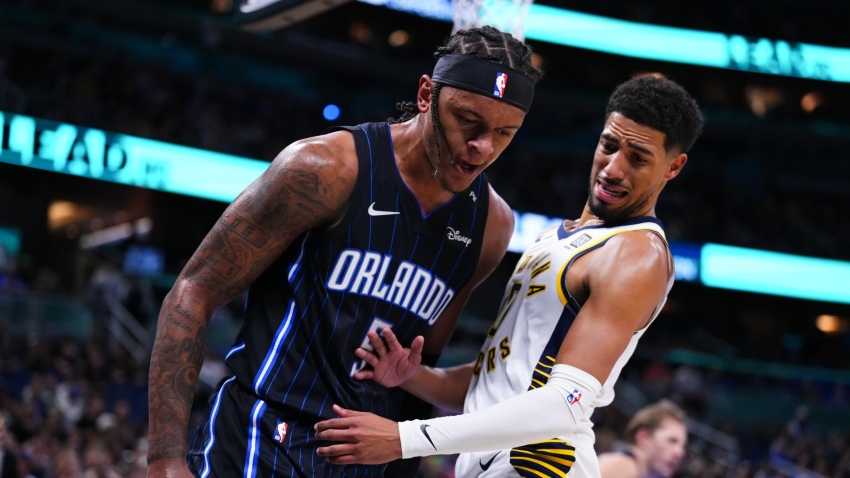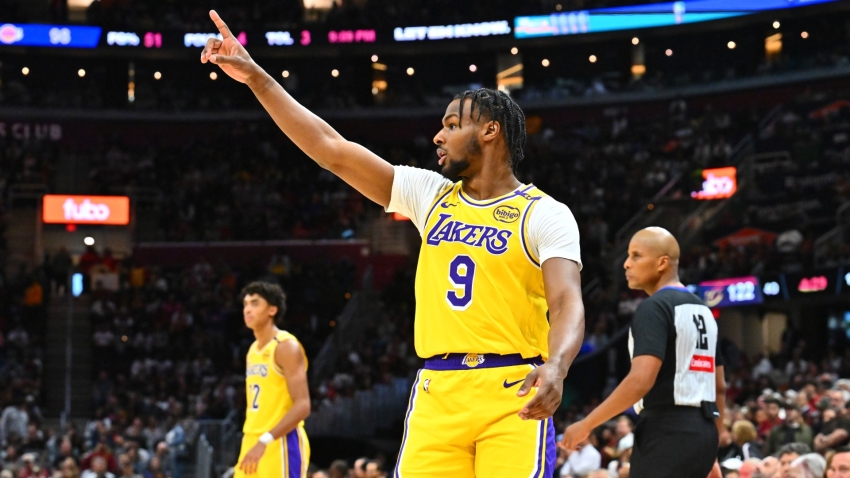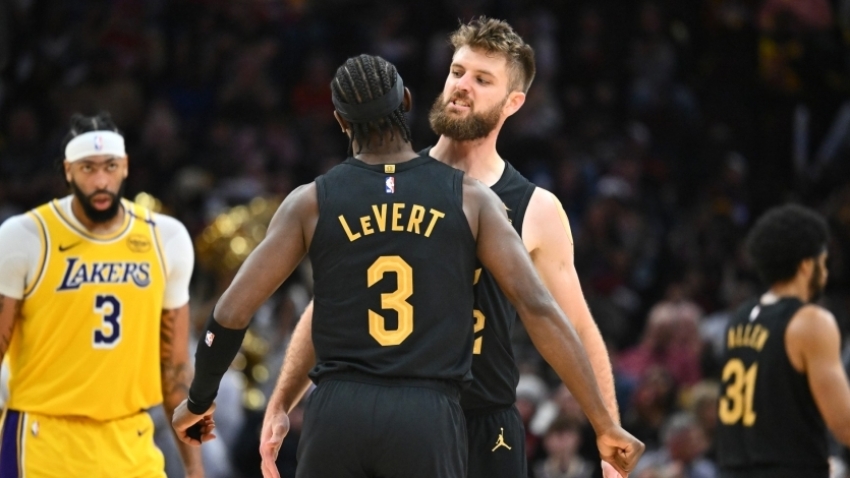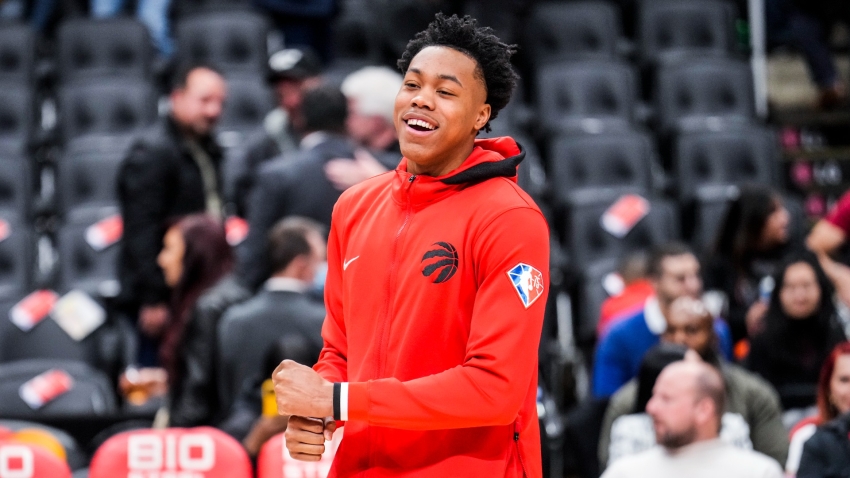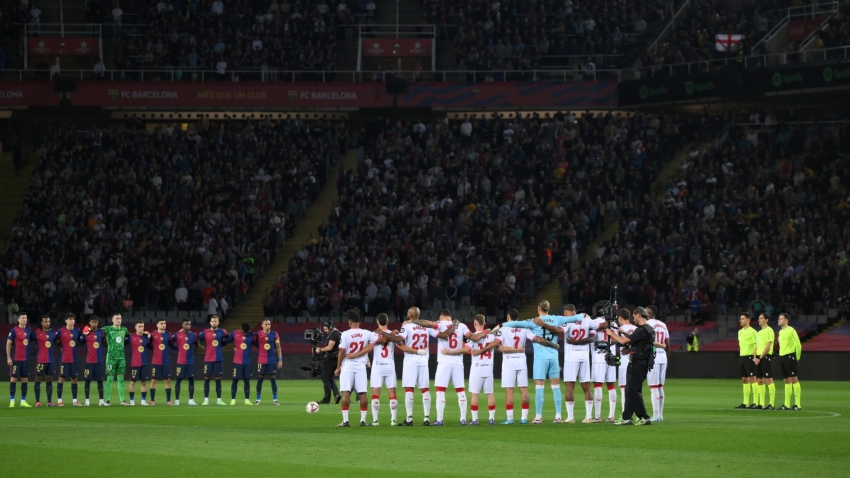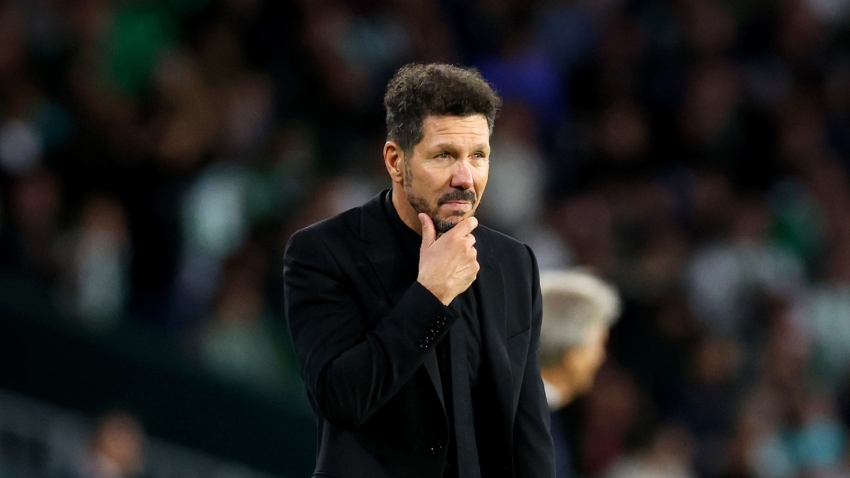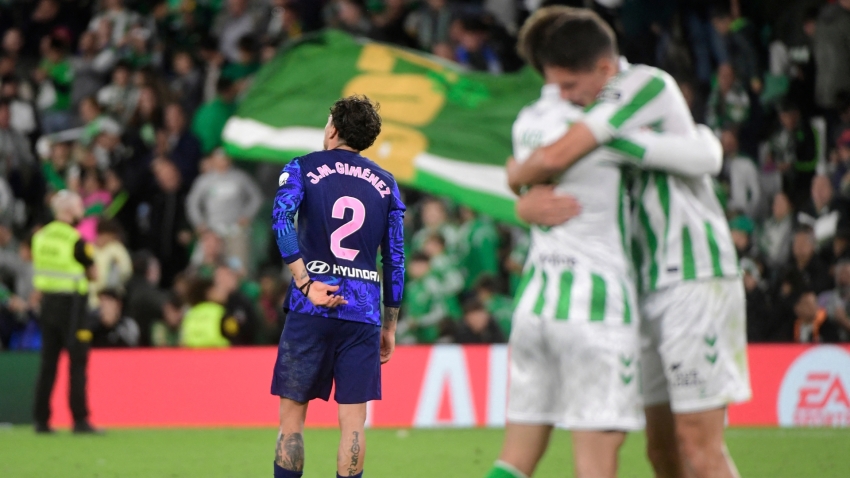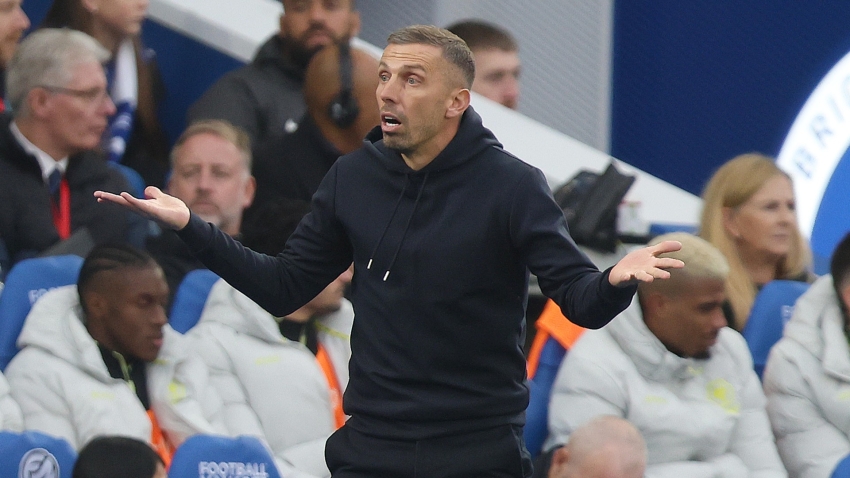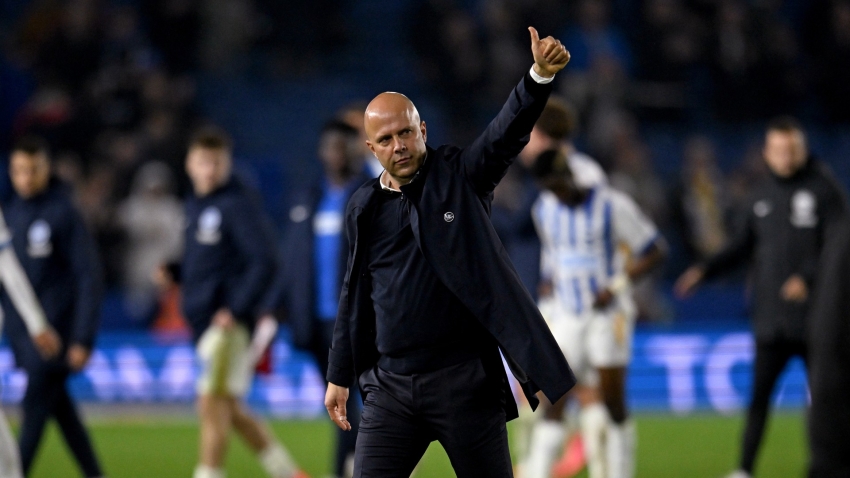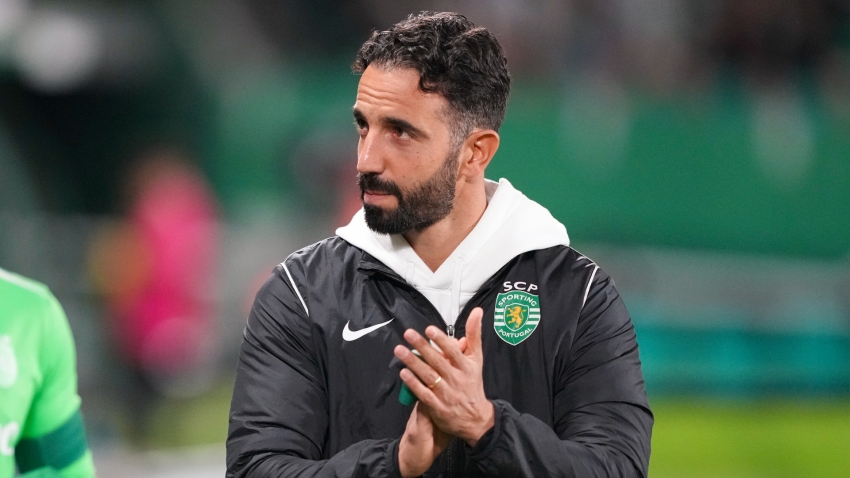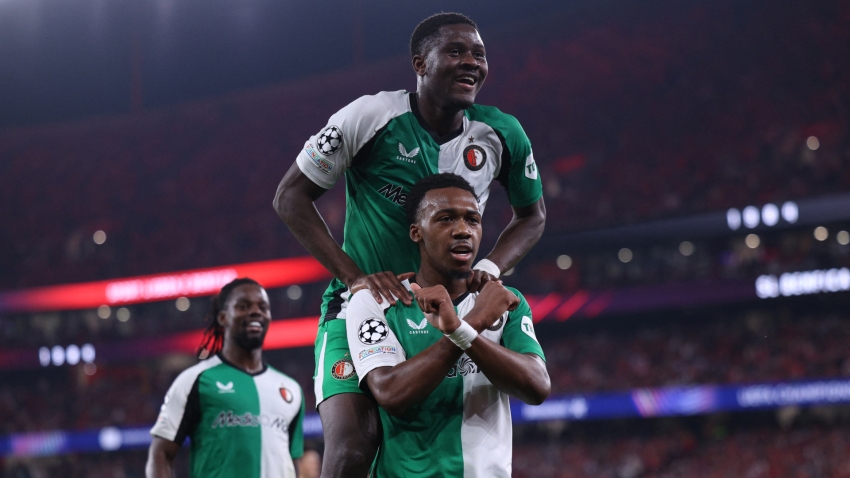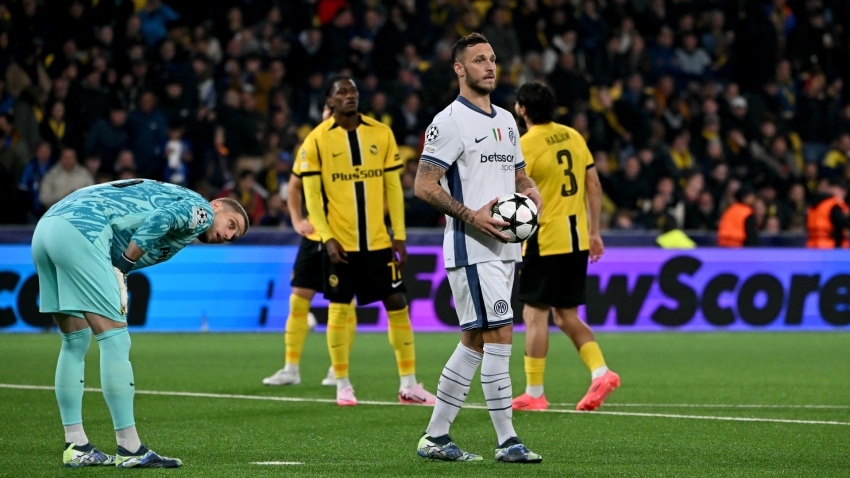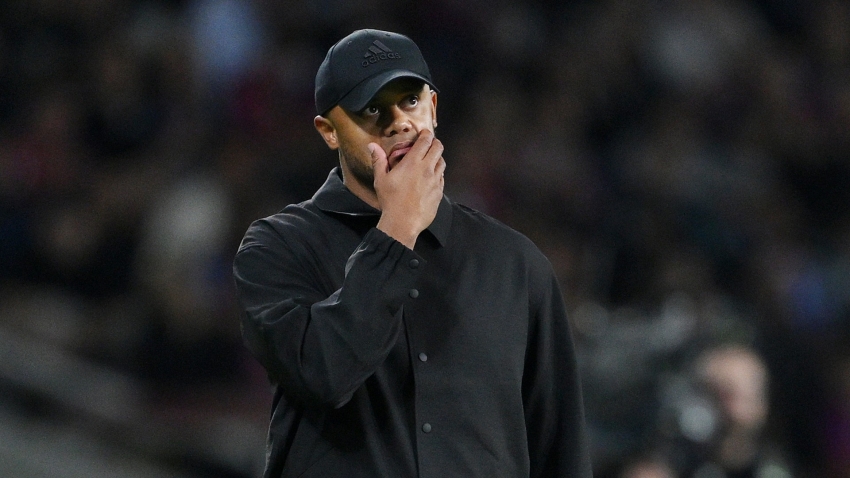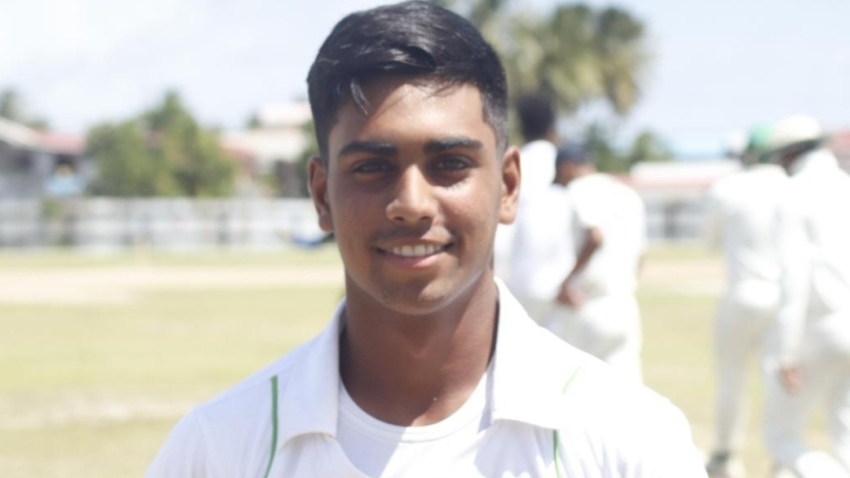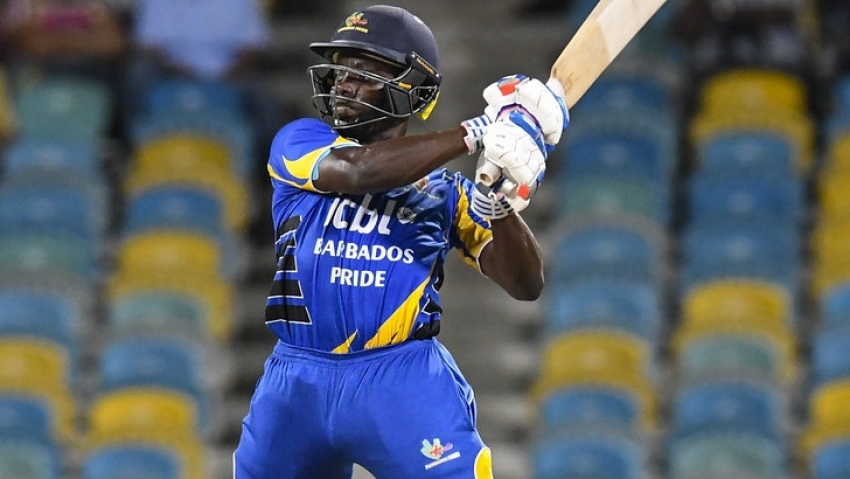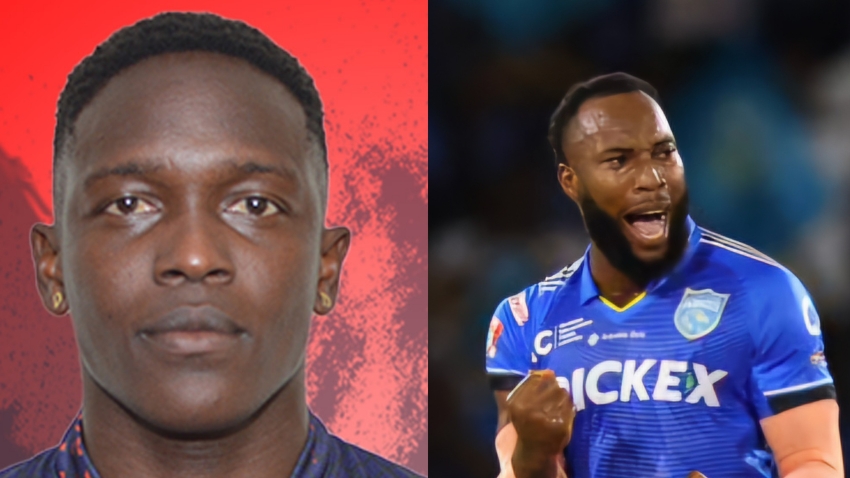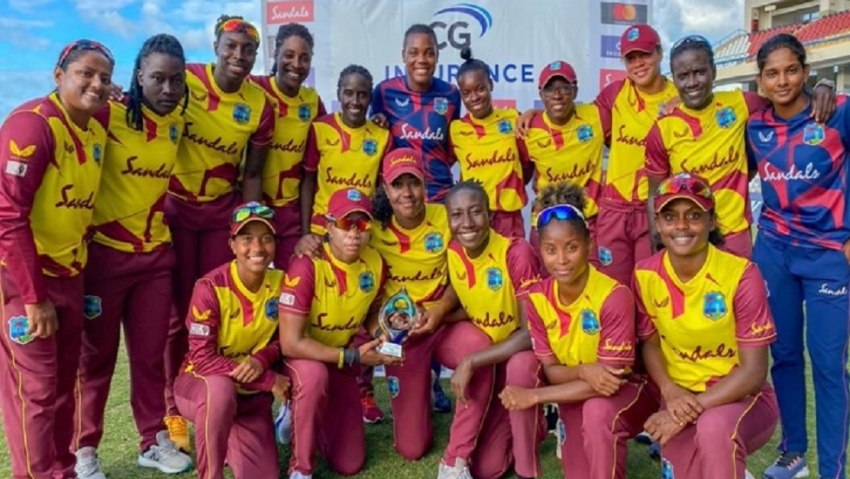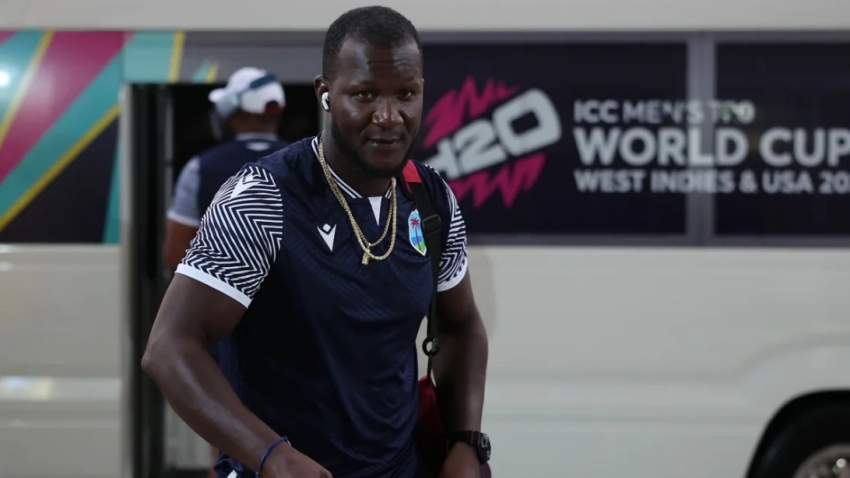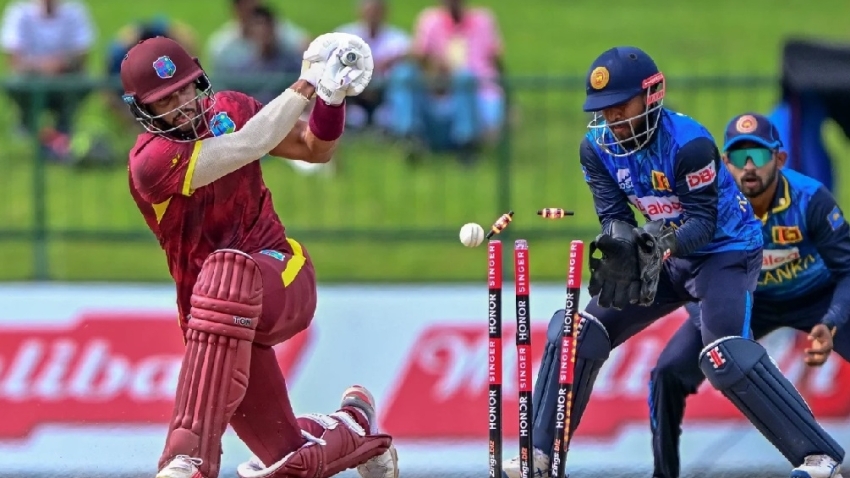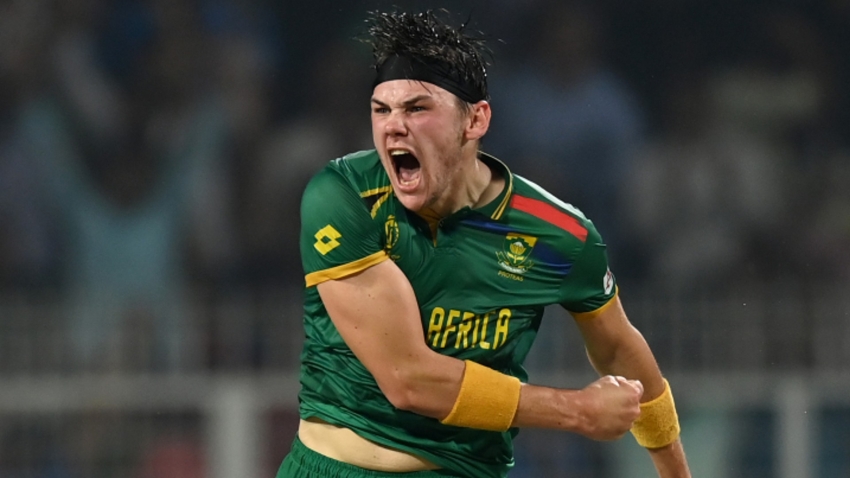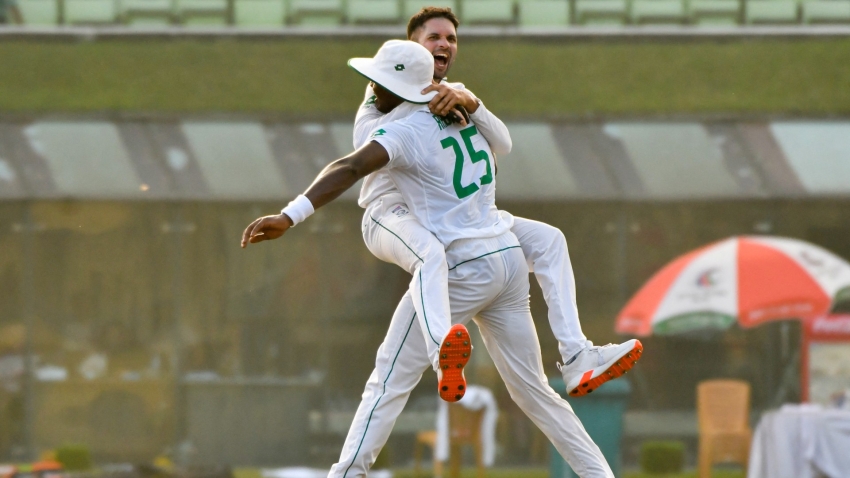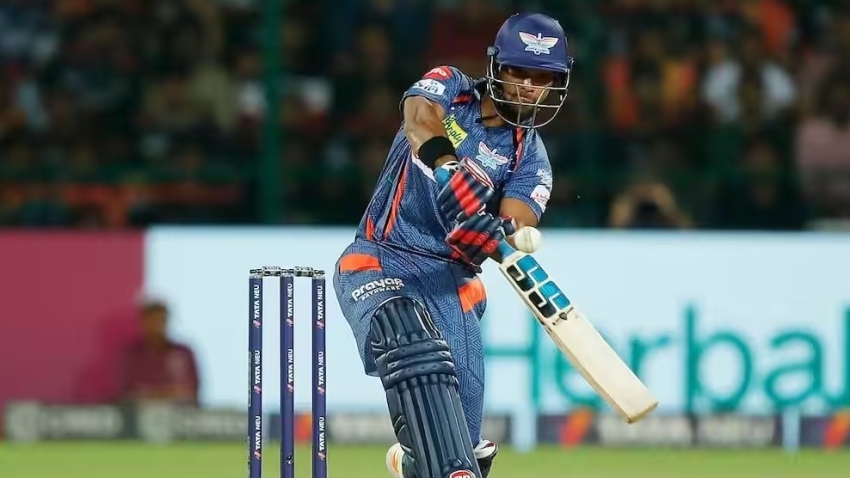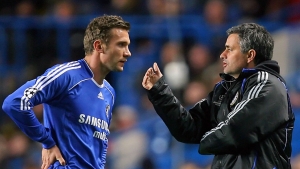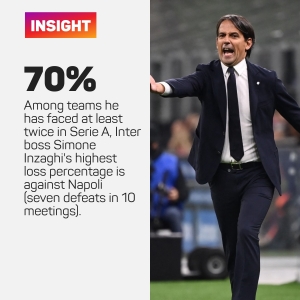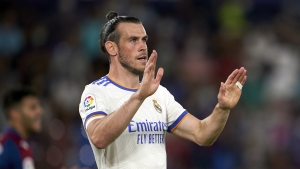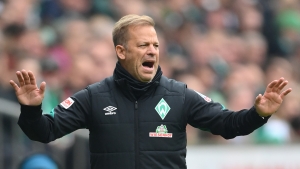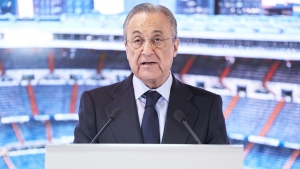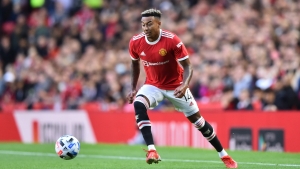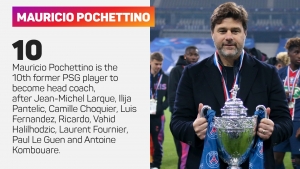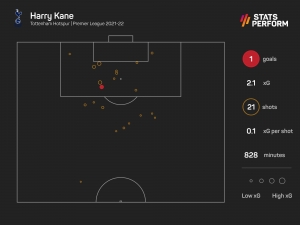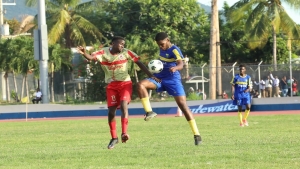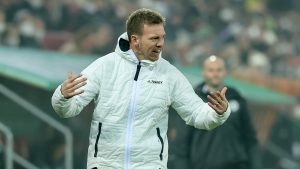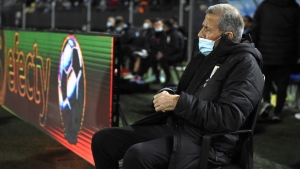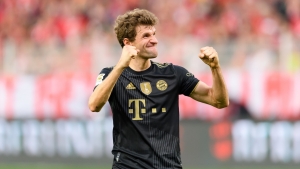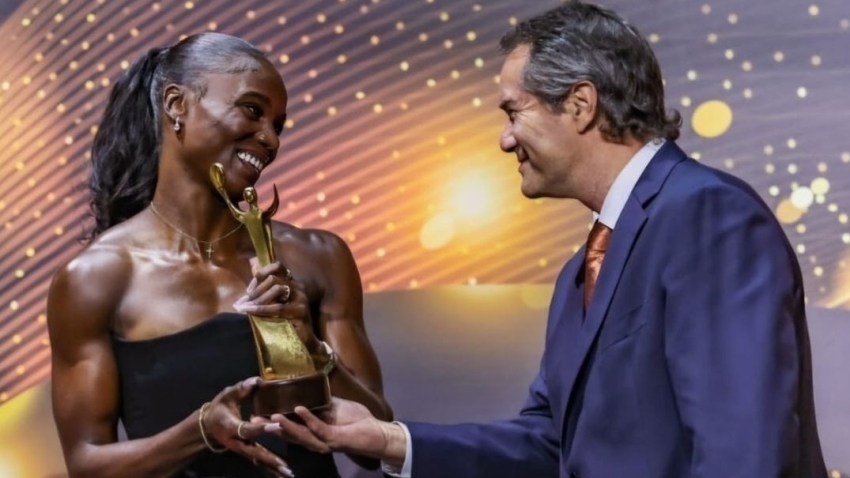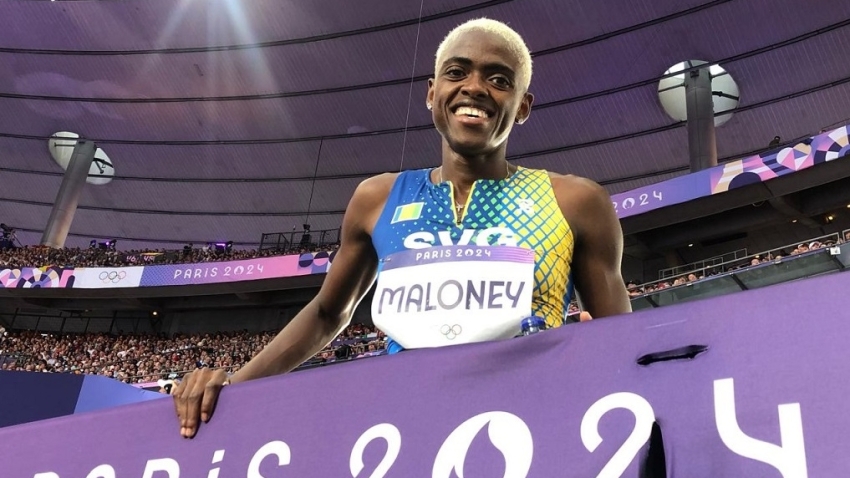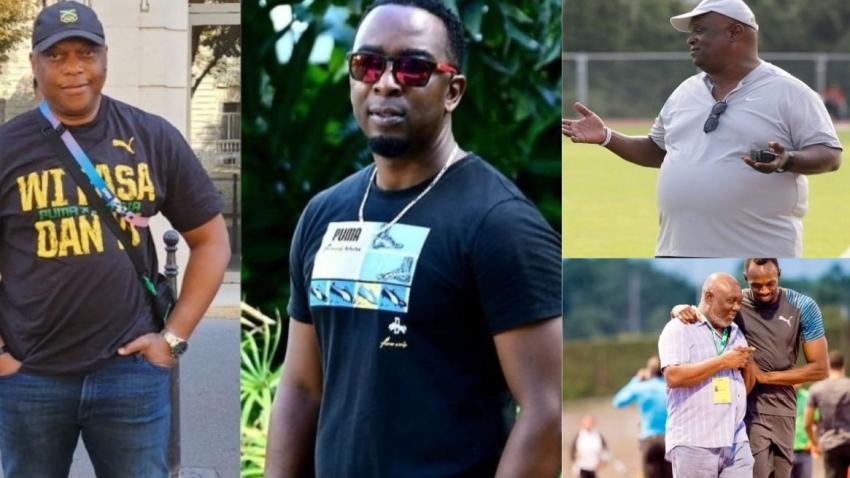It had long felt inevitable that Xavi would return to Barcelona at some stage and the time has finally come.
The former midfielder will take charge of his first match in Saturday's derby clash with Espanyol after replacing Ronald Koeman during the international break, having embraced both a financial and sporting crisis at Camp Nou that sees the team ninth in LaLiga and more than €1.2billion in debt.
Given his pedigree as a player for the club, where he won 25 major trophies, and the fact he delivered three cups and a Qatar Stars League title during his time in charge of Al Sadd, you would be forgiven for thinking Xavi could have chosen to bide his time and wait for a more opportune moment to take the job.
Yet here we are, with another of Europe's grandest sides appointing a club legend. It's a move that often resonates well with a disillusioned fan base, but recent history tells us a star playing career often counts for little when it comes to life in the dugout at the elite end of football.
There are a fair few examples of ex-players heading back to their old clubs in the past few years – and to different levels of success...
Mikel Arteta (Arsenal): Jury's out
When Arsenal lost their first three league games of the season without scoring a goal, it looked like the Arteta experiment might have run its course.
Now on a nine-game unbeaten run in all competitions, buoyed by a derby defeat of Tottenham and a manager of the month award for September, it's beginning to look as though the former captain might just have got things on track at Emirates Stadium.
Winning the FA Cup last year was also a big feather in Arteta's cap, but there's still a sense that the next bad result is just around the corner. After all, he lost 20 of his first 60 league games in charge; it took Arsene Wenger 116 matches to reach that number.
Ronald Koeman (Barcelona): Failure
There is no question Koeman stepped into the breach at Barca at a terrible time, with an institutional crisis ongoing and the team having lost 8-2 to Bayern Munich in Quique Setien's final game in charge. He was chosen for his estimable record as a player at the club, and he did at least deliver Copa del Rey success last term.
Yet as soon as new president Joan Laporta admitted before this season that he was basically only keeping Koeman because there wasn't another option, the writing was on the wall.
Uninspiring football and a troubling run of results that culminated in a first loss to Rayo Vallecano since 2002 forced Laporta into action – he sacked Koeman on the flight home, if reports are to be believed. In the end, his contribution as a player offered little protection.
Niko Kovac (Bayern Munich): Short-term success
Kovac took over from Jupp Heynckes before the start of the 2018-19 season, becoming only the fourth former Bayern Munich player to become head coach (after Soren Lerby, Franz Beckenbauer and Jurgen Klinsmann).
Trophies were not a problem: Kovac won the DFL-Supercup 5-0 against old club Eintracht Frankfurt in his first match in charge, and the Bundesliga title and DFB-Pokal followed. Nobody at Bayern had ever won the double as both player and coach before.
It all turned a bit sour in 2019-20, though. Bayern won just five of their opening 10 league games and were thrashed 5-1 by Frankfurt in November, at which point Kovac and the club agreed the time was right to part ways.
Frank Lampard (Chelsea): Failure
Chelsea's record goalscorer only had one season of experience at Championship side Derby County before being entrusted with the big job at Stamford Bridge.
Losing 4-0 to Manchester United in his first game wasn't exactly a strong start, but Lampard did guide the Blues to fourth in the Premier League and an FA Cup final, all while navigating the difficulties of a transfer ban.
However, after a squad investment of close to £250million before 2020-21, Chelsea's progress stalled and a run of two wins in eight league games saw Lampard replaced by Thomas Tuchel. His points-per-game average of 1.67 was the fourth lowest of any permanent Chelsea manager in the Premier League era.
Andrea Pirlo (Juventus): Failure
Compared with Pirlo, Lampard was a seasoned veteran in managerial terms. Juventus handed the top job to their former star midfielder when his only coaching experience was nine days of looking after the Under-23s.
Pirlo's swaggering style as a player did not translate itself to the dugout: Juve lacked cohesion and creativity and were embarrassed when 10-man Porto knocked them out of the last 16 of the Champions League, a result that did more damage to Pirlo's position than any other.
The former Italy man delivered Supercoppa Italiana and Coppa Italia success, and managed to drag Juve back to a fourth-placed finish on the final day of the season, but Inter had already marched to the title by then. In the end, Pirlo lasted less than a year.
Mauricio Pochettino (Paris Saint-Germain): Slow progress
Pochettino is a little different to the others on our list given his coaching experience covered Espanyol, Southampton and a memorable five years at Tottenham before he went to PSG, the club where he spent two seasons as a player.
The 49-year-old has won renown for getting his teams to play high-tempo, exciting football, but this has yet to be consistently evident in Ligue 1 even if results are mostly going his way.
Ten wins from 12 games have them comfortably top of Ligue 1, while wins over Manchester City and RB Leipzig stand them in good stead in the Champions League, but it feels like PSG are too often being rescued from mediocre performances by a moment of inspiration from a star player – and that's rarely been the Pochettino way.
Ole Gunnar Solskjaer (Manchester United): Who knows?
Manchester United have become one of the most singularly baffling football teams in the world under Solskjaer, the man who won six Premier League titles as a player and scored arguably their most famous goal: the winner in the 1999 Champions League final that secured the treble.
Hired as an interim coach in December 2018 to repair the damage of Jose Mourinho's final months, Solskjaer rebuilt United's morale through sheer goodwill and a heady dose of nostalgia, both of which have kept him in the job ever since.
They finished second in the Premier League last term but lost the Europa League final, and seem to have gone backwards in 2021-22, with that 5-0 hammering by Liverpool almost sounding the death knell for Solskjaer. However, the talents at his disposal – not least Cristiano Ronaldo – seem to do just enough to keep Ole at the wheel on a weekly basis.
Zinedine Zidane (Real Madrid): Resounding success... but walked away (twice)
Many of these clubs hoped to discover the next Pep Guardiola: the famous ex-player who could turn his first senior coaching job into something not just successful, but era-defining, unforgettable. Zidane at Real Madrid is the closest we have seen.
After spells as assistant to Carlo Ancelotti and coach of the Castilla, Zidane replaced the unpopular Rafael Benitez in January 2016 and led them to Champions League glory. He did the same for the next two seasons as Madrid became the first side in the tournament's modern era to win successive trophies.
Zidane also won two LaLiga titles: in 2016-17, in which he oversaw a club-record 40 games unbeaten in all competitions, and in 2019-20, when he had returned to club after walking away in May 2018. He left again at the end of 2020-21, the only season in which he did not win a trophy.


